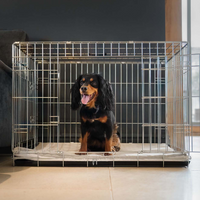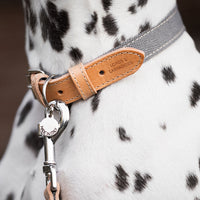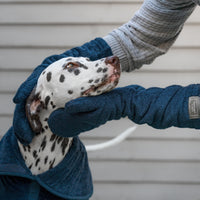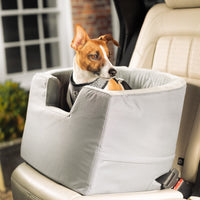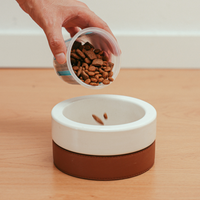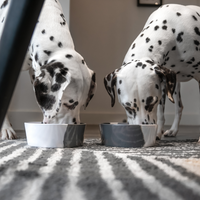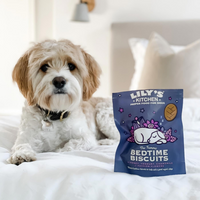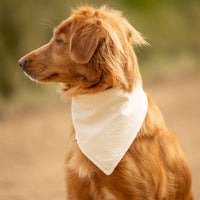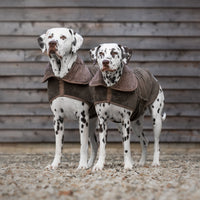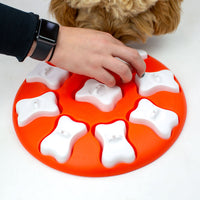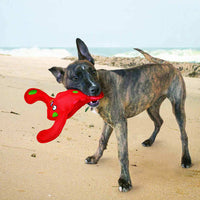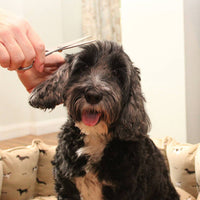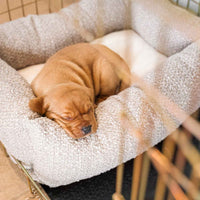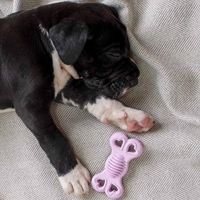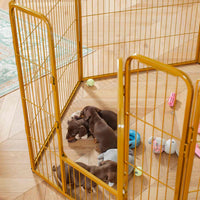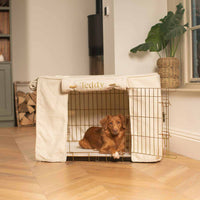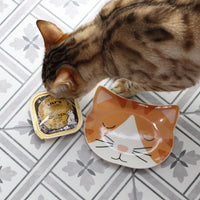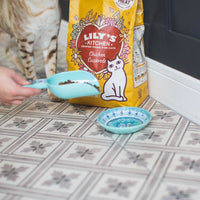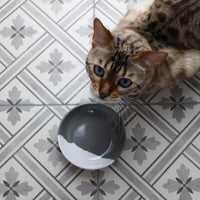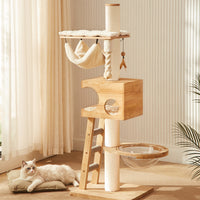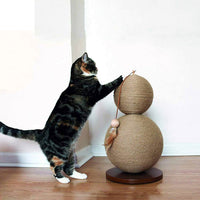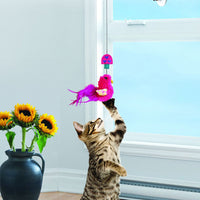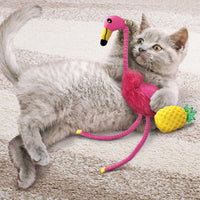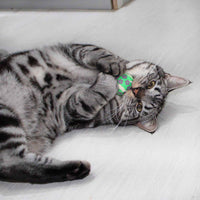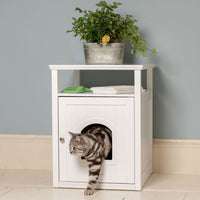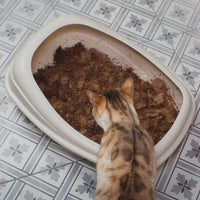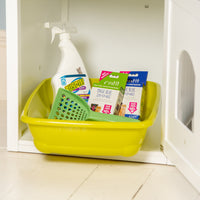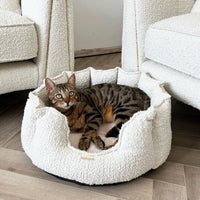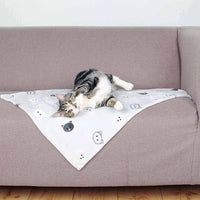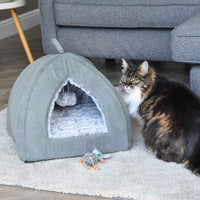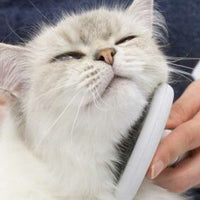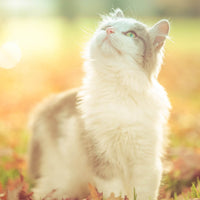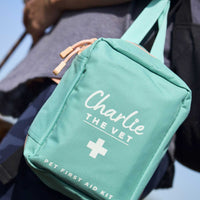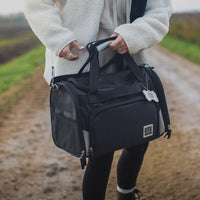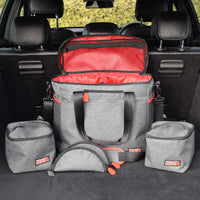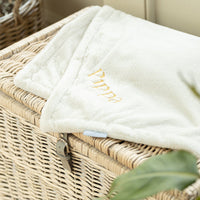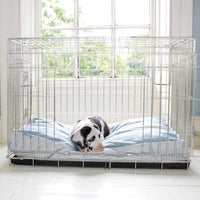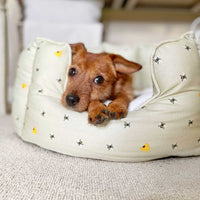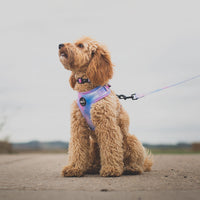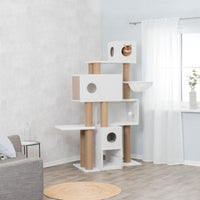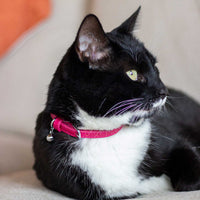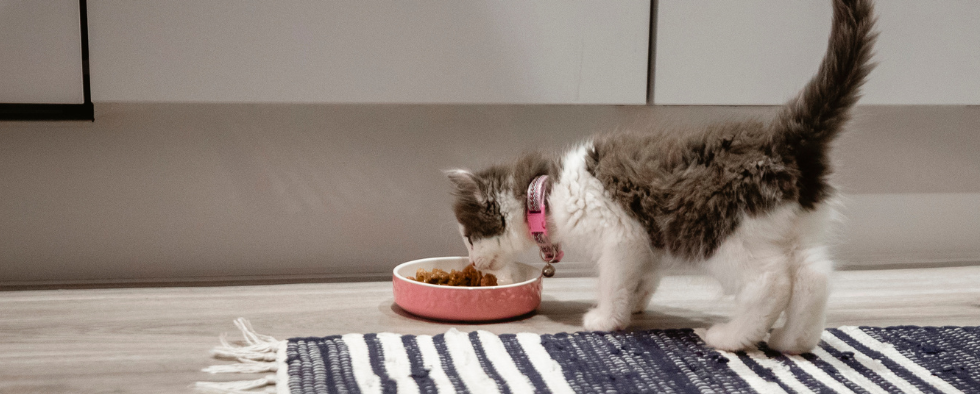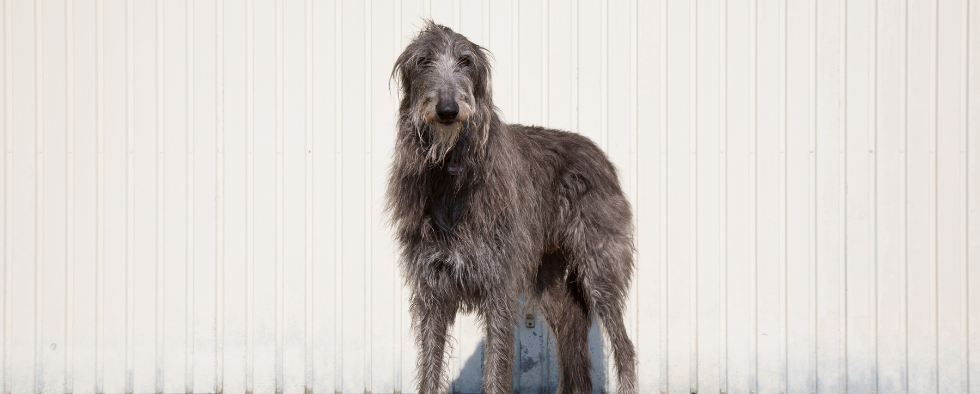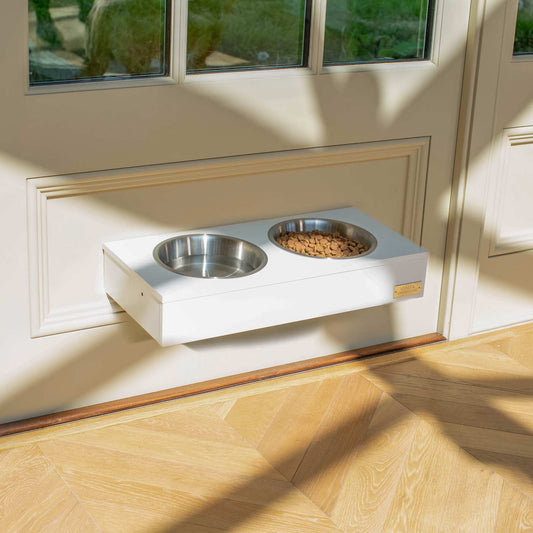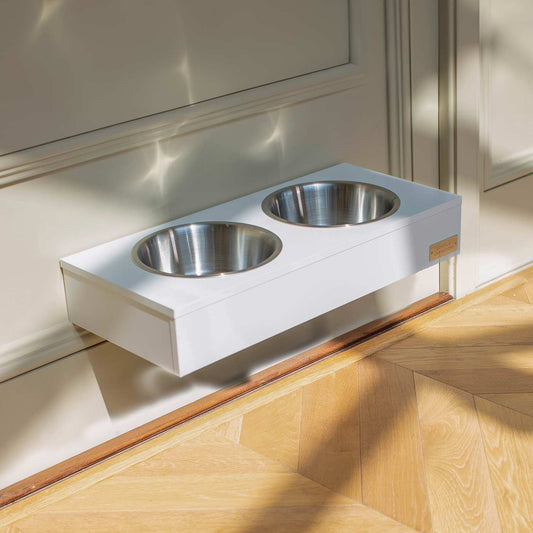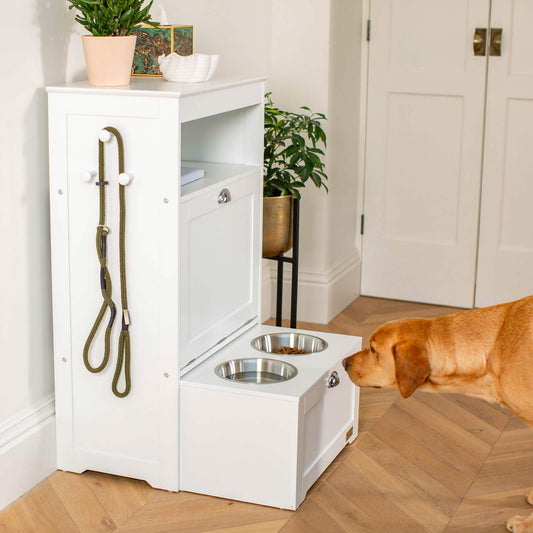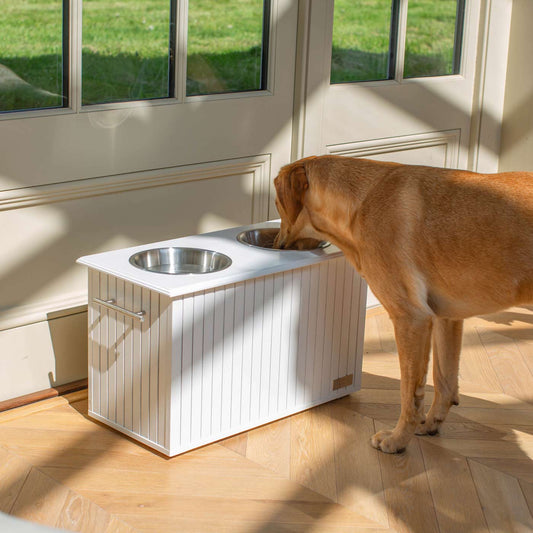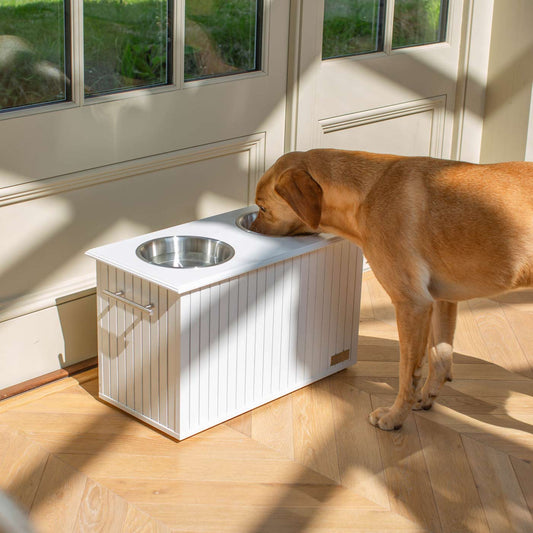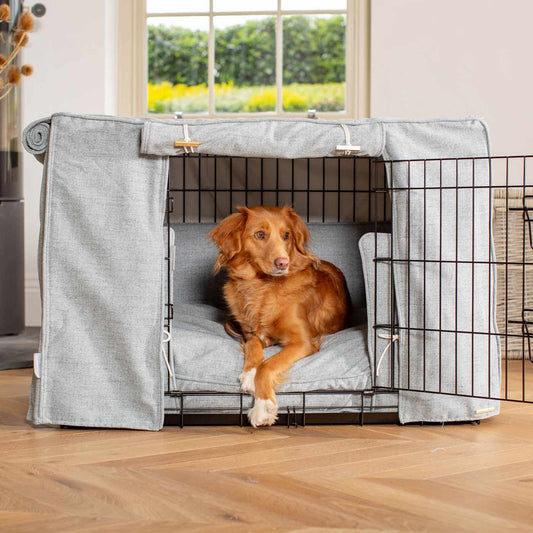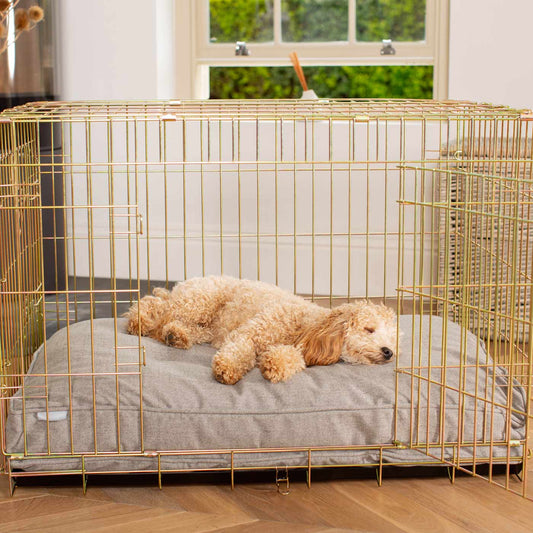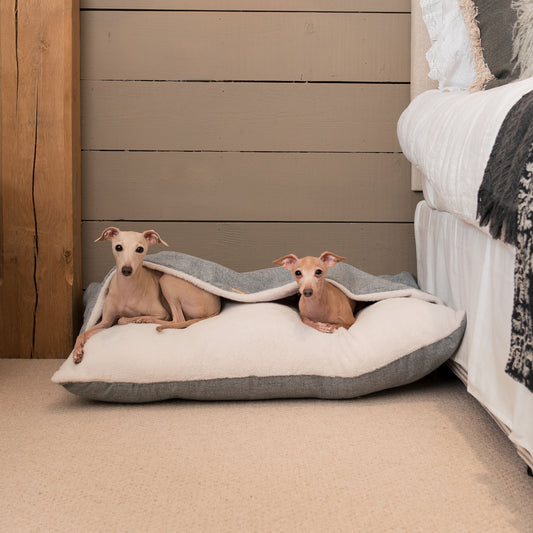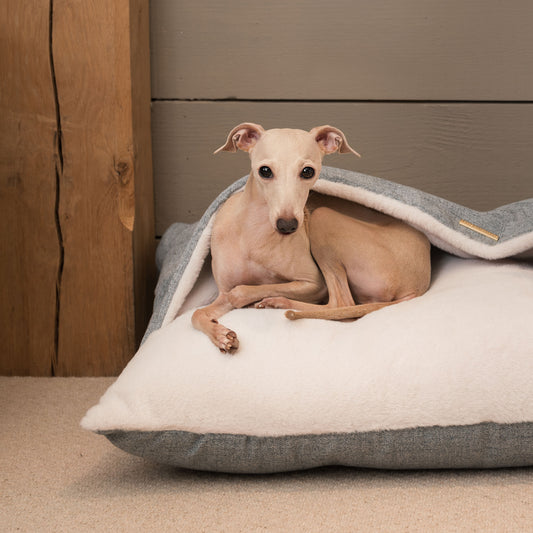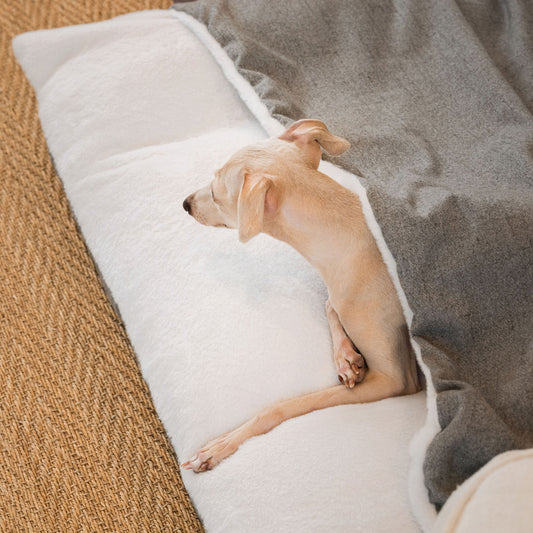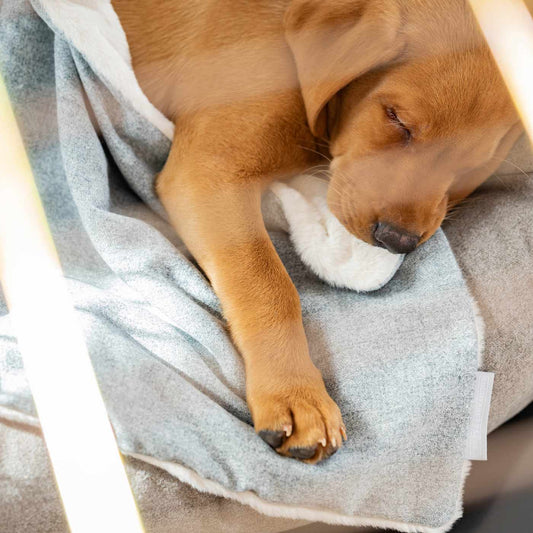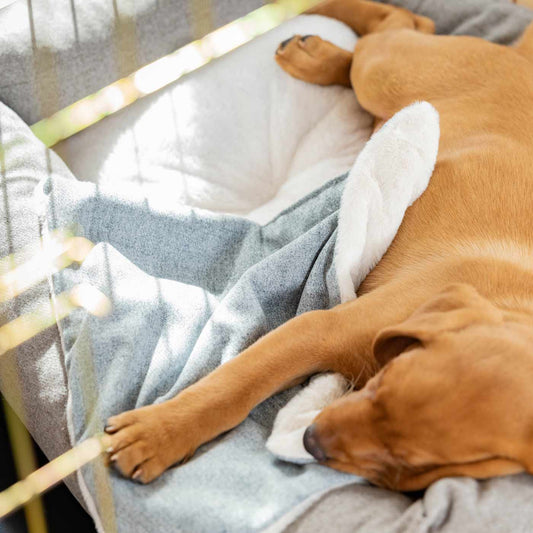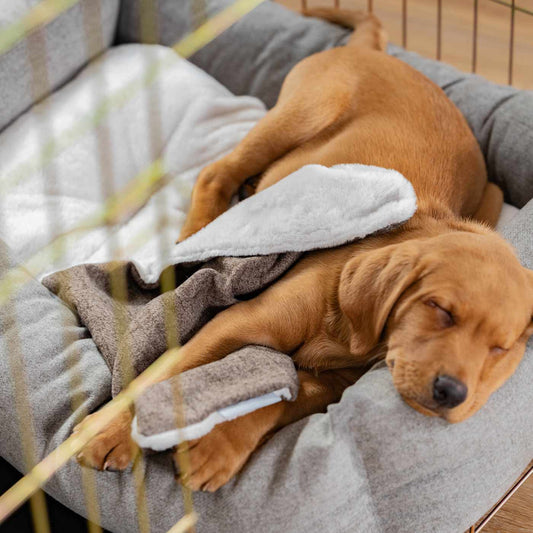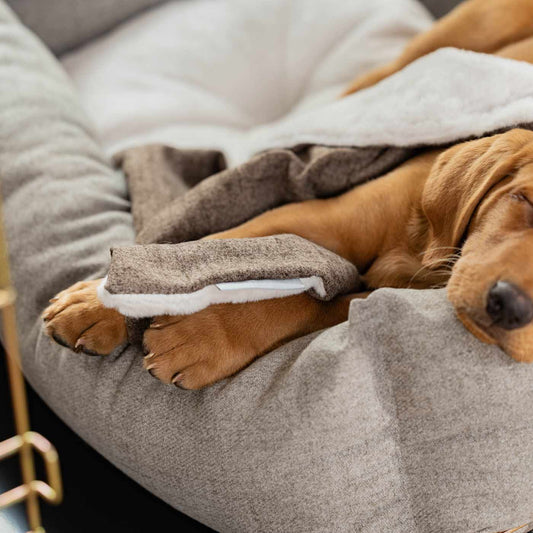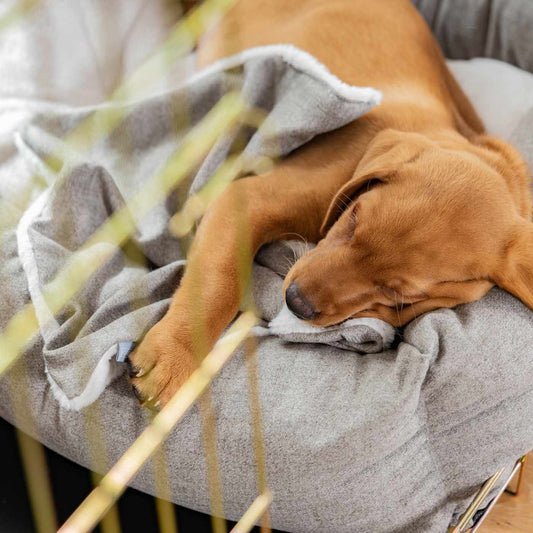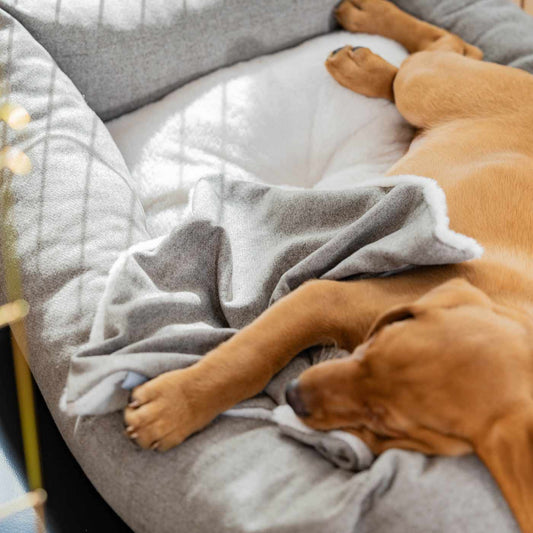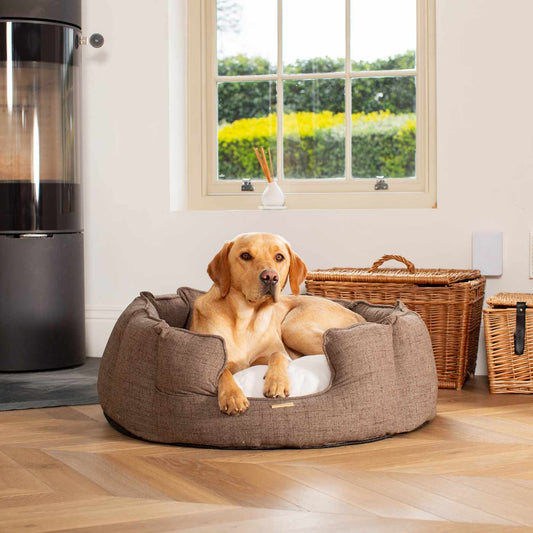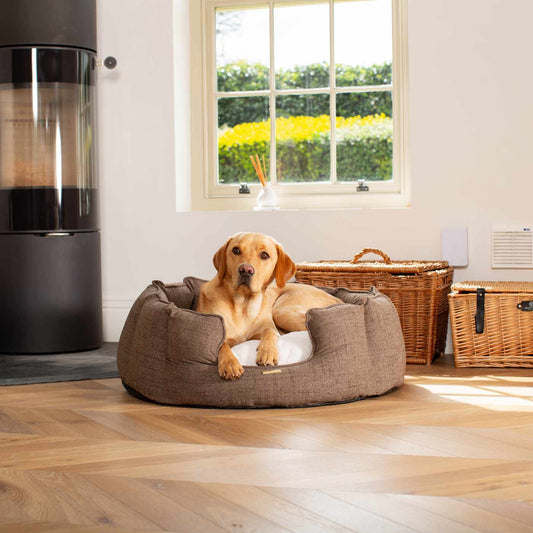Welcoming a new kitten to your family is exciting, but with this excitement can come owner anxiety. Worrying about everything from how long it may take for your new four-legged friend to settle into your home to if you’re creating a strong bond from the get go is not unusual. However, one of the most common concerns relates to the food you choose to feed your new arrival.
With so much choice in kitten food nowadays, and a whole host of sometimes conflicting information online, choosing the right food for your kitty and knowing just how much to give them can be surprisingly overwhelming. To help when it comes to knowing what you can and cannot feed your kitten, as well as how much you should be giving them, here at Lords & Labradors we’ve put together this handy guide.
How Much Food Should A Kitten Eat?
Naturally, it is important to understand that the age and size of your kitten are the two primary factors in determining how much they should be eating. With this in mind, newborn kittens (those under four weeks old) will require nursing from their mother roughly every two hours during week one, and between four and six times a day after this.
By the time your kitten has reached eight weeks, they will usually be ready to be weaned off their mother’s milk, transitioning to solid foods. This is usually the time they are able to leave their mother and come home with you. At this point, your kitten will be a furry ball of energy and will require a nutritionally complete diet of high quality vitamins, minerals and nutrients. For this reason, selecting a high quality cat food that is designed specifically for kittens is important.
While guidelines regarding quantities vary by kitten, as well as the type and brand of food you opt for, the most sensible method to use is to simply follow the feeding directions on the bag or can of food you have chosen. This can then be adjusted based on your kitten's reaction to the food. For a more accurate answer, after a few weeks using this method, a vet can use metabolic calculations to determine the number of calories your cat is using, and therefore requires, each day based on their weight and age.
As a rule of thumb, however, it’s worth using your own instinct when it comes to feeding. You don’t want your kitten to be hungry after eating, or develop greedy traits. Therefore, even if you follow recommended guidelines, feeding may still be a process of trial and error. If your kitten is not gaining weight at a good rate, you may need to increase their caloric intake by giving them bigger potions. On the other hand, if your kitten is gaining too much weight too quickly, you may need to cut back on meal sizes.
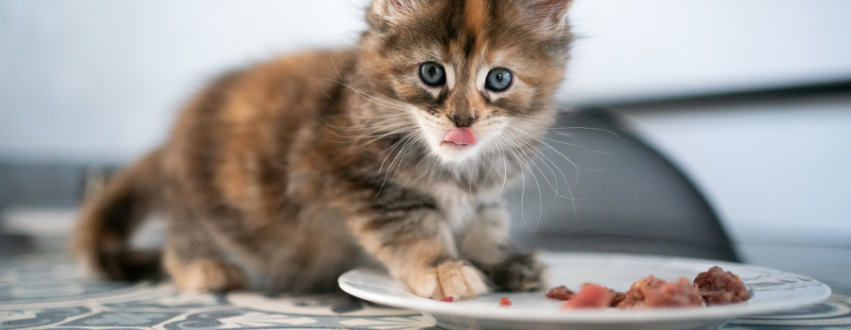
How Much Wet Food To Feed A Kitten?
Following on from nursing, many cat owners view wet food as more appropriate than dry food as their kitten’s teeth may not be ready for kibble yet. However, while wet food does have more hydration properties than dry food, it tends to be more expensive than kibble, meaning providing a mix of wet and dry food is the option the majority of cat owners go for.
As we discussed above, the best method of determining the correct quantities of food to give your new kitty is to follow the advice provided on the packaging of your chosen food. That being said, many wet food brands will advise feeding your kitten as much as they will eat in three or four daily feeds until they are at least 20 weeks of age. After that, kittens between the ages of 20 weeks and one year require around 60-65 calories per pound of body weight, per day. For example, a five pound kitten of this age should consume about 325 calories per day (almost double the amount an adult cat needs).
When Can Kittens Eat Dry Food?
In most cases, kittens can be introduced to dry food from around the age of five to six weeks. However, as they continue to be weaned, dry food given at this stage should be softened in water as they begin to transition onto solid foods for the first time. After eight weeks of age, dry food can be given to your kitten more freely. This being said, we advise first mixing it with wet food before providing your kitten with a totally dry diet.
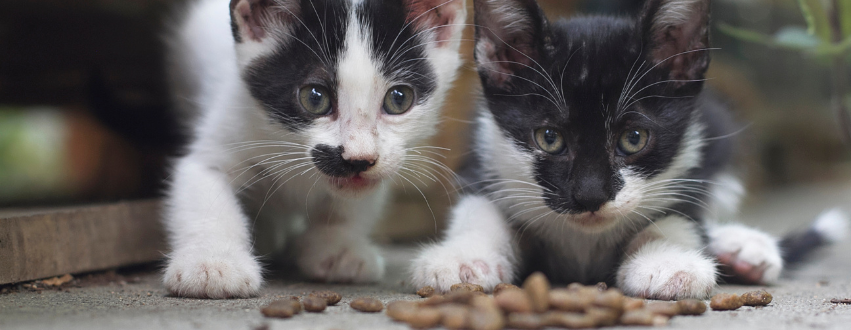
Can Kittens Eat Adult Cat Food?
As a rule, no - your kitten should not be given adult cat food. This is because kittens have different nutritional requirements than adult cats, and therefore need a specially formulated diet that supports these needs and promotes their healthy development.
It is worth noting, however, that some cat foods are formulated ‘for all life stages’ - something typically advertised on the food’s packaging. If this is the case, this food is safe for kittens as well as adult cats. But you will need to follow the specific feeding guidelines for this type of food in order to ensure your kitten is getting the nutrition needed to stay healthy and develop properly.




